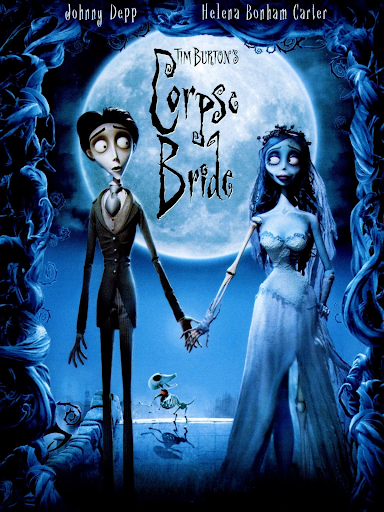
Although it is considered a Halloween classic, I had never seen Corpse Bride before. Having been familiar with some of Tim Burton’s other films like Coraline and Edward Scissorhands, I thought I would give it a watch this October.
It seemed to be the perfect movie to help get me in the fall spirit. What I did not expect, however, was that it was going to be one of the most unique and introspective movies I have watched all season.
Corpse Bride is a 2005 stop-motion animation starring Johnny Depp and Helena Bonham Carter.
The story follows protagonists Victor Van Dort and Victoria Everglot in a European Victorian village. The two are arranged to be married by their dreadful parents.
The movie opens the night before Victor and Victoria’s wedding, during which the pressures from their families and apprehensions about the union are expressed through song. The scenes have dull, low-contrast coloring and a gloomy, depressing tone.
In a turn of events, Victor ventures off into the woods to practice saying his vows when he unknowingly places the ring on the finger of a – you guessed it– corpse bride.
From here, Victor is pulled into the underworld where he gets acquainted with his new “fiance” Emily and her friends from below. This new setting is refreshingly bright, colorful, and lively.
An unconventional love triangle is formed between the sweet and earnest Victor, the plain and true Victoria, and the charismatic and complex Emily.
Both Victor and the audience are, at first, startled by Emily’s skeletal physique. However, when the tale of her being abandoned by her fiance and tragically passing away is revealed, she is seen in a different light. You begin to admire her hopefulness and moxie.
I found the film’s plot unique with both its female love interests being protagonists. You almost struggle to choose who to root for, and you realize that who you root for may reveal a bit about yourself.
I was drawn to Emily’s woundedness and internal dilemma. When she gets the opportunity to take Victor as her husband once and for all, she decides against it. When finally offered a chance to touch her unrealized dream of being wed, she chooses to send Victor back to where he belongs.
It is clear by the end of the movie that Victor and Victoria belong together. Was their fated union hinted at from the very beginning with the similarities between their names? Was it perhaps so because Victor was not yet dead like Emily? Whatever the case, it appears that his presence was still needed in the land of the living.
Initially, I thought the topics covered in the film were a bit dark for a kid’s movie. However, I slowly warmed up to the honest, relatable, and heartwarming story told by the three main characters.
Tim Burton has quite the imagination. The movie’s characters contort their bodies, sometimes to illustrate emotions or character traits, other times seemingly for no reason at all other than to bend viewers’ minds in unthinkable ways.
The multiple musical numbers were eerie and satisfying without being overdone.
What struck me most was the obvious contrast between the liveliness of the dead and the lifelessness of the living.
Why did Burton create such a disturbing dichotomy?
Is it to convey that we are all better off dead? Not likely.
Is it to say that, as Billy Joel sings, “Only the good die young?” Maybe.
Perhaps it is to show that there is beauty and strength in withstanding darkness.
From the shadows often arises the most captivating people of this world, and perhaps of the next.
I just might keep the Tim Burton train going and check out The Nightmare Before Christmas next.



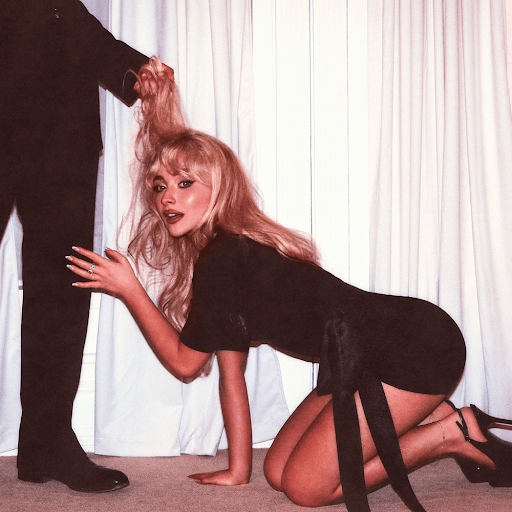
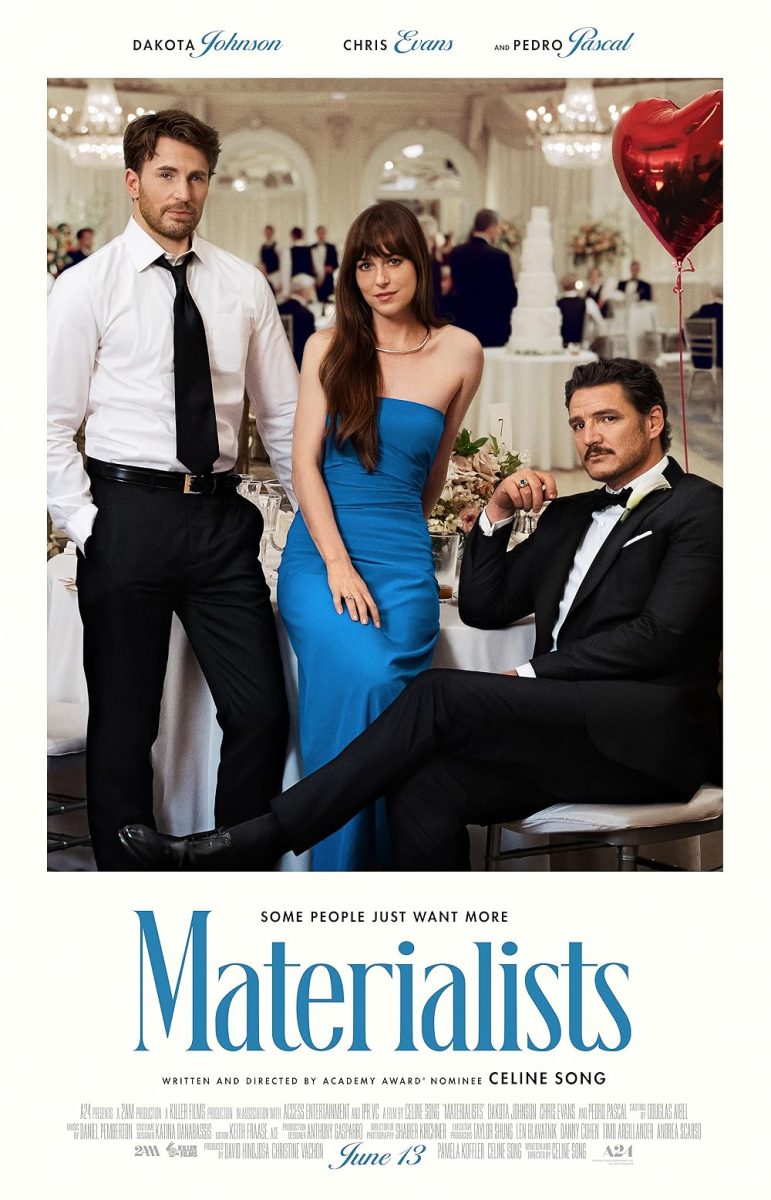
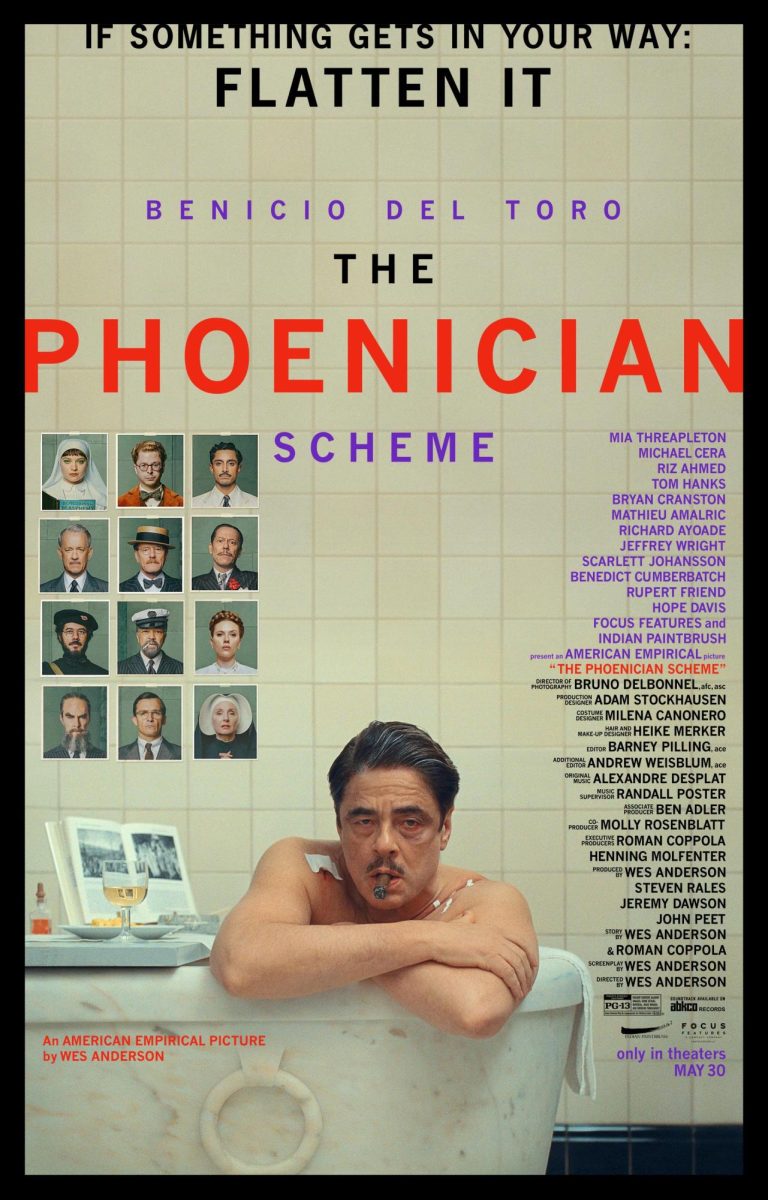
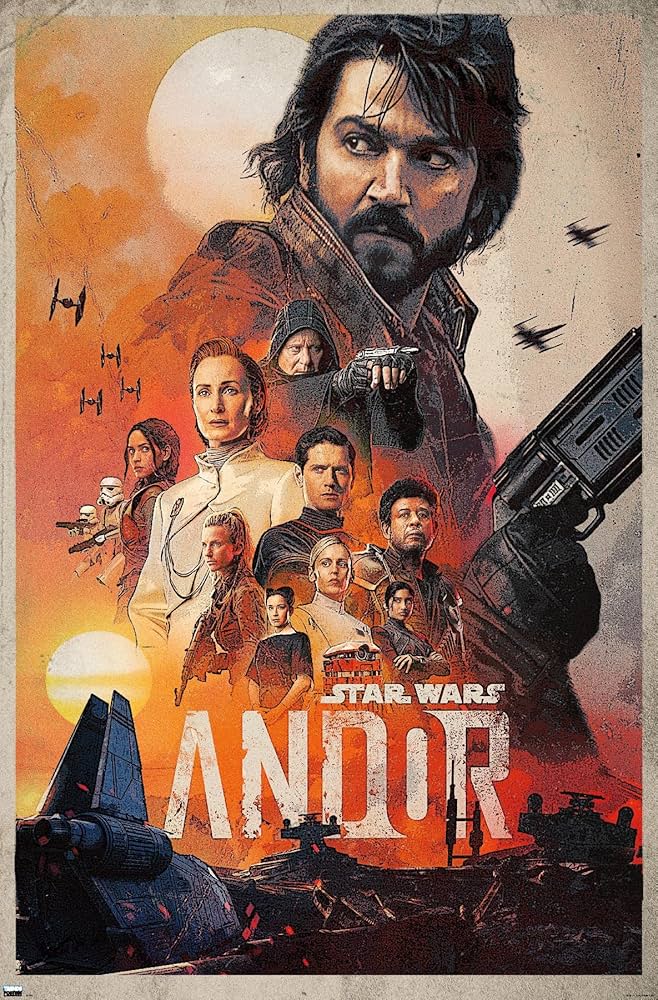
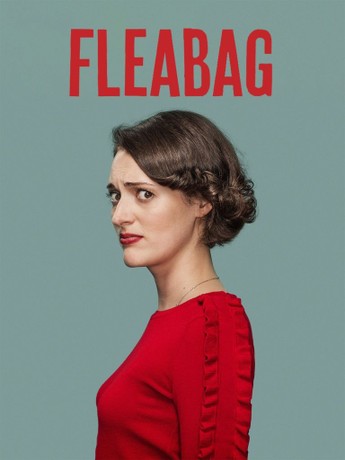
Ana • Nov 3, 2024 at 4:08 pm
Love this insight!! Always a good read:)